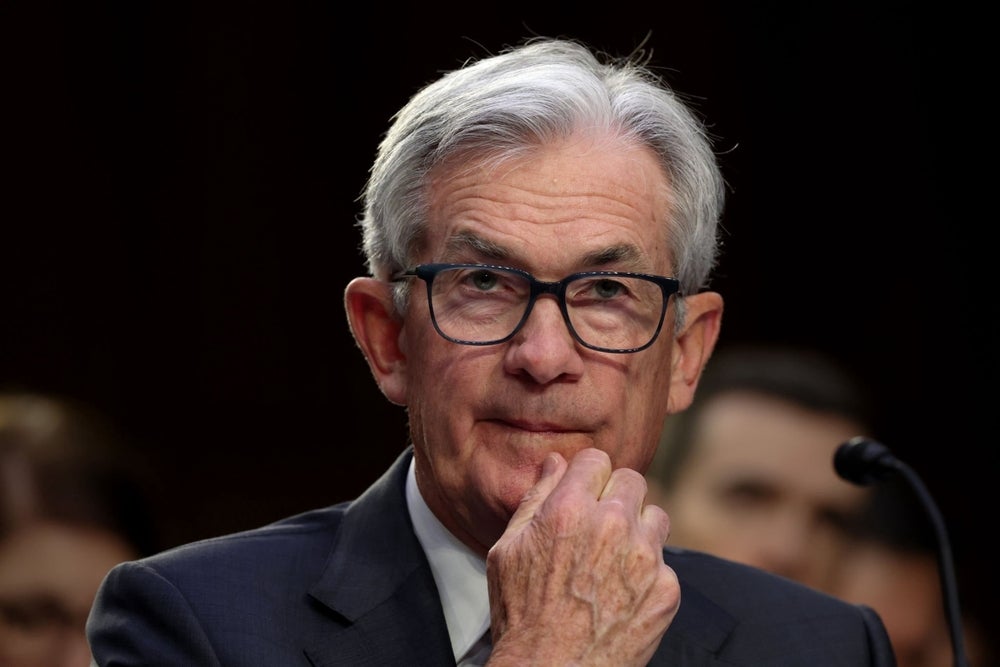After a fire at a refugee camp in Ukhia, in the southern Cox’s Bazar region, on March 24, 2021, children are seen taking food provided by NGOs and social organizations. Getty Images | Yousuf Tushar | LightRocket LONDON, United Kingdom — According to a new Oxfam research released Friday, the number of people dying from hunger has increased six-fold in the last year, outpacing Covid-19 fatalities. The global organization said in a document titled “The Hunger Virus Multiplies” that 11 people die every minute from hunger and malnutrition as the proportion of people enduring famine-like circumstances has skyrocketed since the pandemic began. Covid-19, on the other hand, is projected to kill 7 people every minute. The stats are overwhelming, but we must remember that they represent real people who are experiencing unspeakable anguish. Even one person is excessive. Oxfam America’s President and CEO, Abby Maxman According to Oxfam, 155 million people throughout the world are now living in “crisis” levels of food insecurity or worse, up 20 million from last year. A growing hunger issue, according to the charitable group. Extreme hunger’s main causes War and conflict are still the leading causes of hunger deaths, accounting for two-thirds of all hunger-related deaths worldwide. However, tens of millions of people have gone hungry as a result of the coronavirus epidemic, economic shocks caused by Covid-19, and the rising climatic disaster, according to the research. According to the survey, global food costs have risen by 40%, the largest increase in more than ten years. “The stats are overwhelming, but we must realize that they represent individual people who are experiencing unspeakable anguish. Even one person is excessive “Abby Maxman, President and CEO of Oxfam America, stated. At a cremation ground, a family prays during the last rites of a Covid-19 victim. Getty Images | Universal Images Group | Majority World Afghanistan, Ethiopia, South Sudan, Syria, and Yemen are among the world’s worst hunger hotspots, according to Oxfam. “Starvation is still being used as a weapon of war, depriving victims of food and water and obstructing humanitarian help,” Maxman added. “When markets are bombarded and crops and livestock are destroyed, people cannot live safely or find food.” Meanwhile, food poverty has worsened in “growing epicenters of famine,” such as India, South Africa, and Brazil, which are among the nations hardest afflicted by Covid-19 infections, according to the charity. The paper observed that even countries with relatively resilient agricultural systems, such as the United States, have been shaken by the pandemic and recent climate shocks. Those who are most vulnerable are being harmed. Vulnerable groups, such as women, displaced persons, and informal laborers, are disproportionately affected in each case, according to Maxman. “Conflict and hunger wreak havoc on marginalized people. Women and girls are notorious for eating last and least. They are forced to make impossible decisions, such as whether to go to the market and risk being assaulted, or stay at home and watch their family go hungry “she stated Governments must take steps to ensure that conflict does not continue to drive catastrophic hunger. Oxfam America’s President and CEO, Abby Maxman The increase in hunger-related mortality occurs during a year in which worldwide military spending increased by $51 billion, more than six and a half times what the UN estimates is required to prevent people from going hungry. Meanwhile, the wealth of the world’s top ten wealthiest people grew by $413 billion last year, more than 11 times the UN’s estimated cost of worldwide humanitarian aid. “Governments must stop war from fueling catastrophic hunger and instead ensure that assistance agencies reach people in need,” Maxman added, urging officials to work together. “We need the United States to take the lead in addressing the hunger crisis by pushing for an end to the hostilities that are fueling it, giving critical money to help save lives now, and assisting communities in securing their futures.”/n
Read MoreWar, Covid and climate change fuel the world’s hunger crisis, killing 11 people every minute: Oxfam
2021-07-09T00:02:19-04:00July 9th, 2021|





